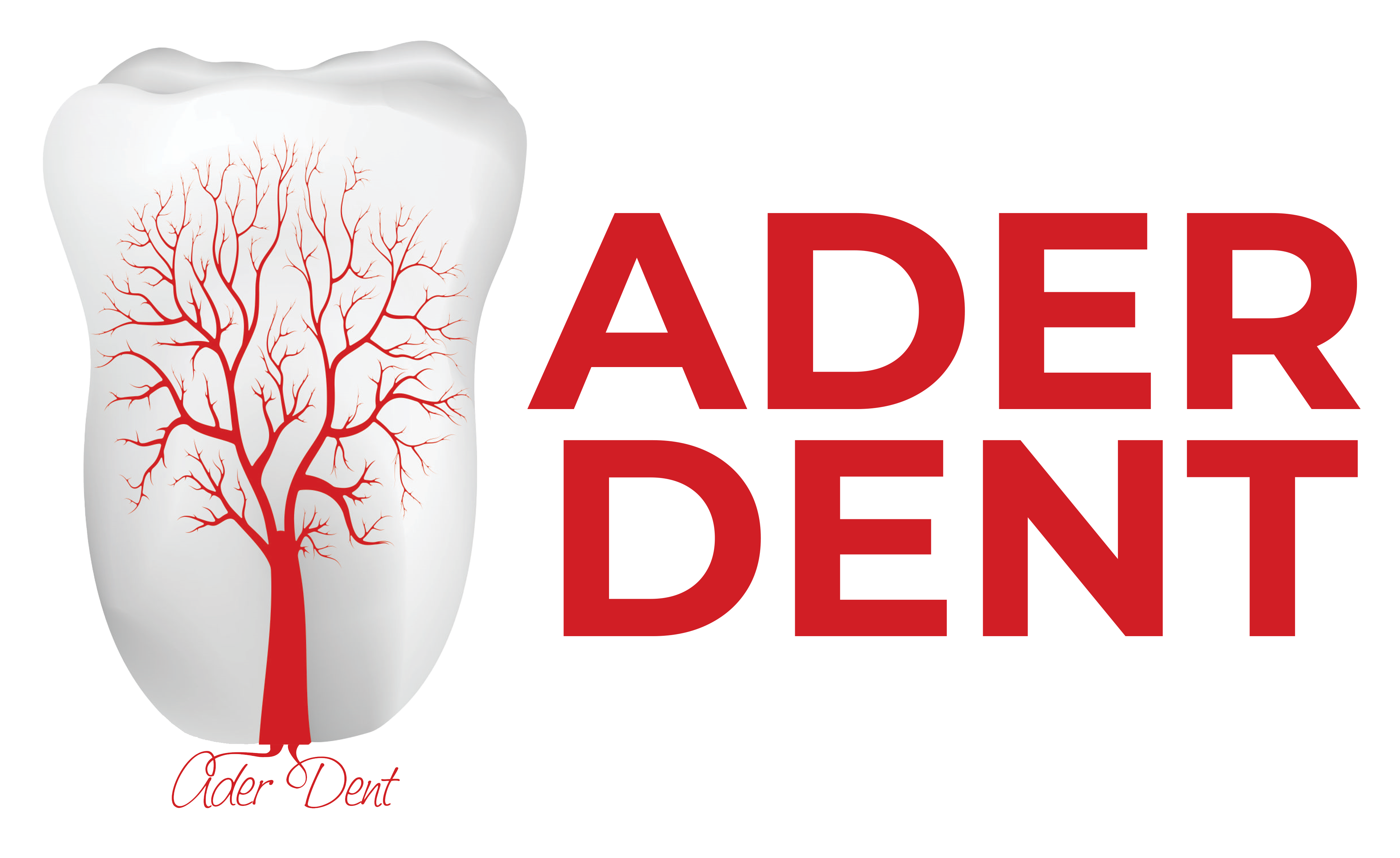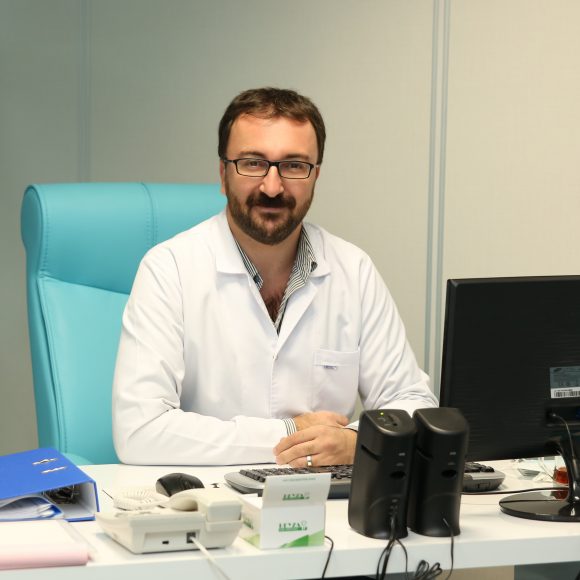Tooth extraction is the procedure of removing a tooth from the jawbone and is typically performed due to decay, infection, trauma, or orthodontic reasons. Although preserving the natural tooth is a priority in modern dentistry, extraction becomes inevitable in certain cases. Severe decay, fractures, gum diseases, or impacted teeth often necessitate this procedure.
When a tooth poses a risk to the patient’s overall health or affects the alignment of other teeth, extraction may be the best course of action. At Ader Dent, we begin with a thorough examination and, if necessary, plan the tooth extraction to be as comfortable and safe as possible.
Why Is Tooth Extraction Performed?
The most common reasons for tooth extraction include teeth that are beyond repair due to decay, infected roots, or severely fractured teeth. Impacted wisdom teeth often require removal due to the risk of infection or pressure on surrounding teeth.
In orthodontic treatments, extractions may be necessary to relieve crowding. Advanced periodontal disease, which weakens the tooth’s hold on the jawbone, may also lead to extraction. All such decisions are made after comprehensive polyclinic evaluations and radiographic analysis by expert dentists.
Pre-Extraction Preparation
Before the extraction, the patient’s general health is thoroughly reviewed. Medications, chronic conditions, pregnancy, or the use of blood thinners are considered. The tooth’s root structure, surrounding bone, and position are evaluated through X-rays to plan the procedure.
If surgical intervention may be required, the patient is informed and the procedure is conducted under sterile conditions. At Ader Dent, we carefully plan every step and ensure our patients are fully informed to build trust and comfort.
How Is Tooth Extraction Performed?
Tooth extraction is performed under local anesthesia, ensuring the patient feels no pain during the procedure. Depending on the tooth’s position, either a simple or surgical extraction is carried out.
In a simple extraction, the tooth is loosened and removed, while surgical extractions involve cutting into the gum. Surgical methods are often necessary for impacted or broken teeth. At Ader Dent, we prioritize patient comfort, completing the extraction as quickly and painlessly as possible.
Post-Extraction Care
The first 24 hours after extraction are crucial. Pressure should be applied using gauze to help clot formation. Minor bleeding is normal in the initial hours, but prolonged bleeding requires medical attention.
To protect the clot, avoid rinsing, using straws, or spitting. At Ader Dent, we guide patients through every step of the healing process. Pain relievers may be used as advised, and applying an ice pack on the first day helps reduce swelling.
What to Eat After Tooth Extraction
Only soft, lukewarm foods should be consumed on the first day. Avoid hot beverages, alcohol, acidic drinks, and hard foods. Chewing on the extraction side should also be avoided.
Smoking disrupts clot formation and delays healing, so it should be avoided for at least 48 hours. At Ader Dent, we offer personalized dietary recommendations to help ease recovery.
Pain and Complications After Extraction
Mild pain and swelling are normal, but persistent or severe pain and bad odor may indicate infection. Dislodgement of the clot can cause a painful condition known as dry socket. In such cases, dental attention is necessary.
At Ader Dent, we follow up closely with our patients to prevent complications. If needed, antibiotic treatment or a secondary intervention is scheduled to ensure safe recovery.
Post-Extraction Treatment Options
The empty space after a tooth extraction should not be ignored, as it can disrupt chewing and lead to esthetic concerns. At Ader Dent, we evaluate alternatives like implants, bridges, or removable dentures and recommend the most suitable treatment.
Implants are especially effective, offering the closest solution to natural teeth in both function and appearance. Planning for replacement should ideally begin alongside the extraction process.
Is Tooth Extraction Safe During Pregnancy?
Tooth extraction during pregnancy should be postponed if possible, but in emergencies, it must be performed with caution. The first and third trimesters are considered high-risk periods. Collaboration with the patient’s gynecologist is essential. Oral health during pregnancy should not be neglected, as it directly affects the mother’s overall health.
Antibiotic use, if required, is carefully adjusted for pregnancy. At Ader Dent, we apply special protocols to ensure the safety of both mother and baby throughout the treatment.
Frequently Asked Questions About Tooth Extraction
Although often feared, tooth extraction can be a comfortable experience with proper anesthesia and expert care. Patient anxiety is understandable, but having clear information helps ease concerns.
At Ader Dent, we make sure our patients are well-informed before and after the procedure, ensuring they feel confident and safe. When properly planned, tooth extraction is no longer something to fear—but a treatment that improves quality of life.


 TR
TR







